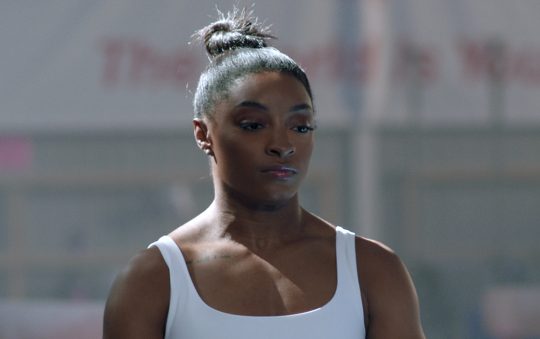
Filmmaker, Pulitzer Prize winning journalist and executive director Jose Antonio Vargas is traveling across the country in a new MTV documentary series White People that allows cameras to look into the lives of various White people and getting them to talk about the one issue that can be unsettling, race.
The documentary forced Whites to talk about their racial identity, white privilege, the definition of what it means to be colorblind. The students grab tissues and wipe their eyes as they complain about how hard it is to be White.
“The only thing I fear is not having these conversations,” Vargas said. “What I fear is the silence, the indifference, the ignorance. We can no longer have a conversation about race and diversity without having white people in it.”
With recent Black Lives Matter protests as a response to police brutality and conversations around the removal of the Confederate flag, MTV President Stephen Friedman wanted a show that focused on how White people view themselves and their history.
Vargas spoke with a student by the name of Katy, who is now attending a local community college because she was unable to receive any scholarships from Grand Canyon University. In the film, the student expresses her belief that minority students have an edge when it comes to receiving scholarships and acceptance letters from different colleges and universities.
“I feel like I am being discriminated against,” Katy said.
The real conversation begins when Vargas tells the students statistics to show them are more opportunities for White people than people of color.
According to a Student Aid Policy Analysis by Mark Kantrowitz, minority students are less likely to receive private or merit based scholarships than White students.
“Among undergraduate students enrolled full-time/full-year in Bachelor’s degree programs at four-year colleges and universities, minority students represent about a third of applicants but slightly more than a quarter of private scholarship recipients,” said Kantrowitz, who also publishes Fastweb.com and FinAid.org.
White students receive more than 76 percent of all grant funding and institutional merit-based scholarship. White students are also more likely to win private scholarships than students of color.
The documentary also highlighted 22-year-old Dakota from Virginia, who discusses his racial identity awakening when he decided to apply and attend a historically black college (HBCU).
Before the documentary aired on Wednesday July 22, critics began attacking MTV. Rush Limbaugh claiming that they are shaming white youth, Breitbart news service wrote the headline, “Dear Morons: You are Paying for an Illegal Alien’s MTV White-Shaming Film.”
“If you see the young people in that film, I think every one of them, because it was done in a respectful way, feels like they came away with a deeper understanding of their community and different people,” he said. “It enabled them to walk in their shoes,” said Friedman.
As Vargas traveled across the county, he spoke with teachers who experienced being a white minority at a Native American preservation, a white male student who teaches white privilege workshops and other people who are traveling down different paths of racial identity and discovering of what it means to be white and privileged.
The conversation may seem long overdue for minorities, while some some may believe that racism is not an issue.
For more information on “White People” documentary and to be a part of the white privilege conversation go to race.lookdifferent.org.






